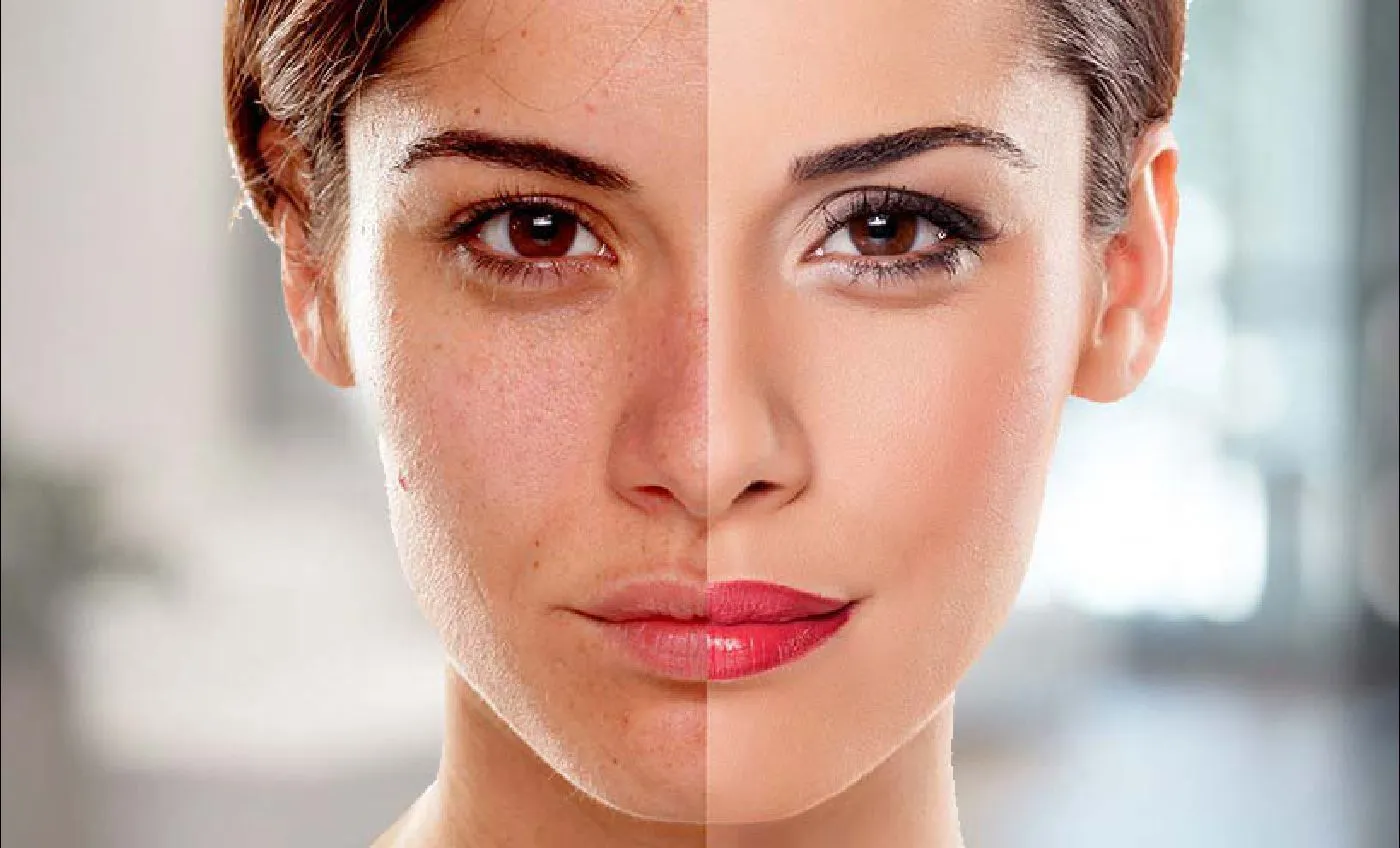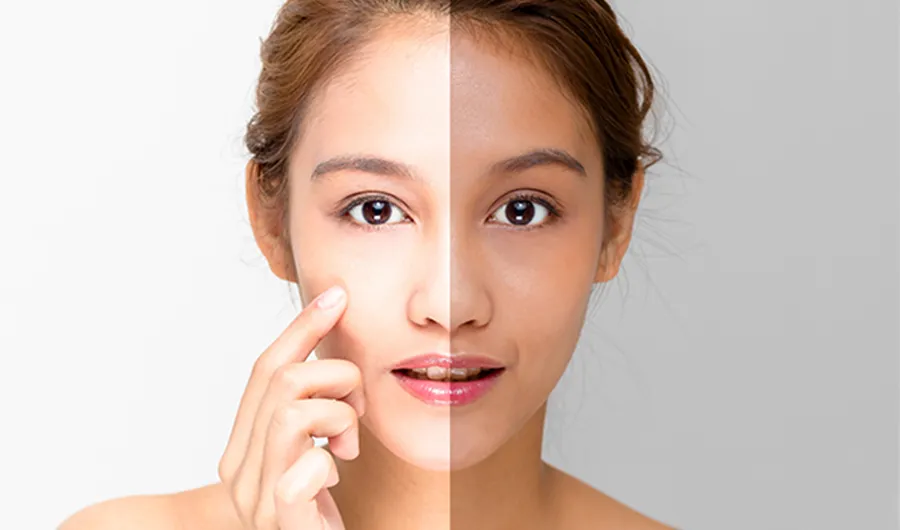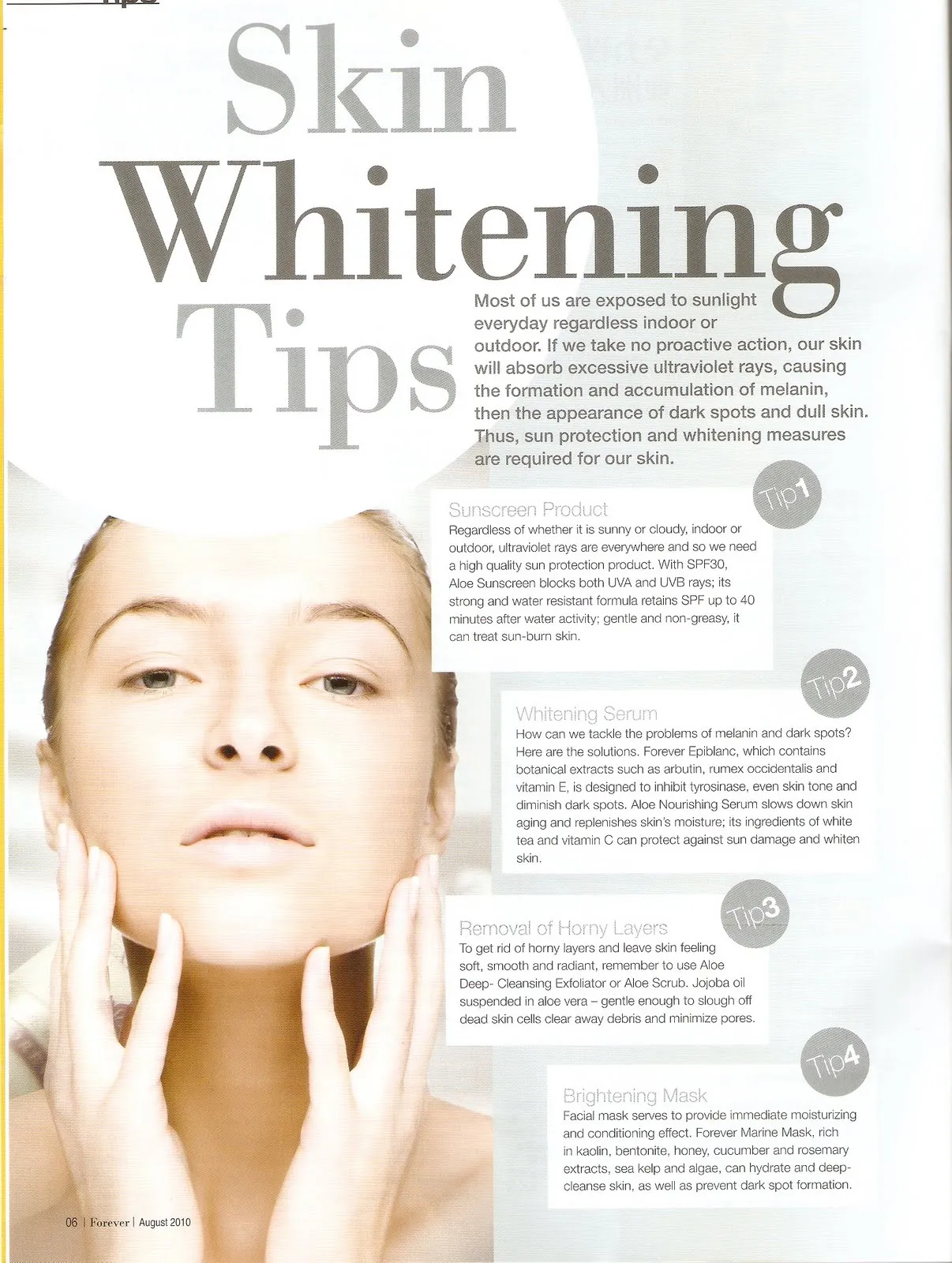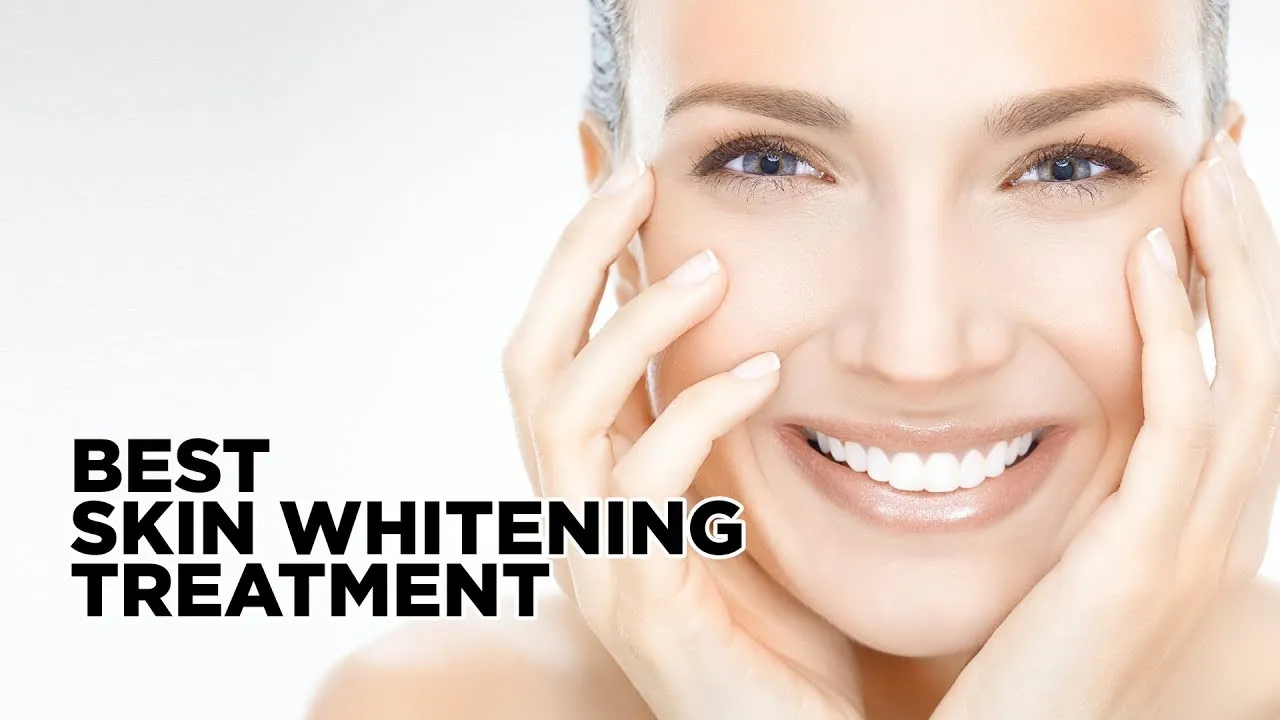Understanding Skin Whitening Top 7 Secrets
Skin whitening, also known as skin lightening, is a popular skincare practice aimed at achieving a brighter, more even skin tone. This pursuit can be driven by various factors, including cultural beauty standards, personal preferences, and the desire to diminish the appearance of dark spots or uneven pigmentation. However, it is essential to approach skin whitening with a comprehensive understanding of the underlying causes of skin darkening, the various methods available, and the potential risks and benefits associated with each approach. Skin whitening is a journey that requires patience, consistency, and informed decision-making. Before embarking on this journey, understanding the root causes of skin darkening is important, so that appropriate and effective methods can be employed.
What Causes Dark Skin
Skin color is primarily determined by melanin, a pigment produced by melanocytes in the skin. The amount of melanin produced varies based on genetics, sun exposure, and hormonal influences. Several factors contribute to increased melanin production, resulting in darker skin tones or uneven pigmentation. Sun exposure is a significant trigger, as UV radiation stimulates melanin production to protect the skin from damage. Hormonal changes, such as those during pregnancy or due to certain medications, can also lead to increased melanin production, resulting in conditions like melasma. Genetics play a crucial role, with individuals of certain ethnic backgrounds naturally producing more melanin. Furthermore, inflammation or injury to the skin, such as acne, eczema, or cuts, can trigger post-inflammatory hyperpigmentation, leaving behind dark spots. Understanding these causes is the first step toward effective skin whitening.
Sun Exposure and Hyperpigmentation

Sun exposure is a major catalyst for skin darkening and uneven pigmentation. UV radiation from the sun stimulates melanocytes to produce more melanin, leading to tanning and, in some cases, the development of dark spots, freckles, and age spots. Prolonged or unprotected sun exposure can exacerbate existing pigmentation issues and accelerate the aging process. To mitigate these effects, it’s crucial to consistently apply sunscreen with a high SPF, even on cloudy days. Reapplication every two hours, especially during outdoor activities, is highly recommended. Wearing protective clothing, such as hats and long sleeves, and seeking shade during peak sun hours can further shield your skin from harmful UV rays. Protecting your skin from the sun is one of the most important steps in preventing and treating hyperpigmentation.
Genetics and Skin Tone
Genetics play a significant role in determining your natural skin tone and how your skin responds to various factors, including sun exposure and inflammation. Individuals with darker skin tones naturally produce more melanin, providing greater protection against UV radiation. However, this also means they may be more prone to hyperpigmentation and uneven skin tone. Understanding your genetic predisposition can help you tailor your skincare routine and choose appropriate skin whitening methods. While you can’t change your genetics, you can effectively manage your skin’s response to environmental factors and minimize the appearance of dark spots and unevenness. This can involve using specific skincare products, seeking professional treatments, and adopting lifestyle changes to support healthy and radiant skin. A proactive approach, considering your genetic background, is key to achieving your desired skin tone.
Top Skin Whitening Tips
Achieving a brighter, more even skin tone often involves a combination of strategies, ranging from simple lifestyle adjustments to the use of specialized skincare products. Here are some of the most effective skin whitening tips. These tips, when incorporated into your daily routine, can gradually help lighten the skin and improve its overall appearance. Remember that consistency and patience are key, and it is important to consult with a dermatologist for personalized advice and to address any underlying skin concerns. A holistic approach is usually the most effective, combining these strategies with a healthy lifestyle and proper sun protection.
Exfoliate Regularly

Regular exfoliation is a cornerstone of any effective skin whitening routine. Exfoliation helps to remove dead skin cells from the surface, revealing fresh, brighter skin underneath. This process also promotes cell turnover and allows skin whitening products to penetrate more effectively. There are various methods of exfoliation, including physical scrubs and chemical exfoliants like AHAs (alpha hydroxy acids) and BHAs (beta hydroxy acids). Physical scrubs use abrasive particles to manually remove dead skin cells, while chemical exfoliants use acids to dissolve them. The frequency of exfoliation depends on your skin type and the method used, but generally, exfoliating 1-3 times per week is sufficient. Over-exfoliation can irritate the skin, so it’s important to listen to your skin and adjust the frequency accordingly. Always follow up exfoliation with a moisturizer to hydrate and soothe the skin.
Use Skin Whitening Products
Many skin whitening products contain ingredients specifically designed to reduce melanin production or lighten existing pigmentation. Some of the most common and effective ingredients include hydroquinone, kojic acid, vitamin C, and niacinamide. Hydroquinone is a powerful lightening agent that inhibits melanin production, but it should be used under the supervision of a dermatologist due to potential side effects. Kojic acid is a natural compound derived from fungi that helps to lighten skin and reduce dark spots. Vitamin C is a potent antioxidant that brightens skin and protects against free radical damage, while niacinamide helps to even out skin tone and reduce inflammation. When choosing skin whitening products, look for those with proven ingredients and follow the instructions carefully. It’s also important to perform a patch test before applying any new product to your entire face or body to check for any adverse reactions. Always combine these products with sun protection for optimal results.
Moisturize Daily
Maintaining proper hydration is crucial for healthy, radiant skin. Moisturizing daily helps to keep the skin hydrated, which is essential for its overall health and appearance. Well-hydrated skin appears plumper, smoother, and more luminous. Choose a moisturizer that suits your skin type and apply it after cleansing and exfoliation, preferably while your skin is still slightly damp. This helps to lock in moisture and enhance the effectiveness of your skincare routine. Look for moisturizers that contain ingredients like hyaluronic acid, glycerin, and ceramides, which help to attract and retain moisture in the skin. Consistent moisturizing also supports the skin’s natural barrier function, making it more resilient to environmental stressors and reducing the likelihood of irritation or dryness. Don’t forget to moisturize your entire body, especially after showering or bathing.
Protect from Sun

Sun protection is paramount when it comes to skin whitening. Sun exposure can exacerbate hyperpigmentation and undo the efforts of other skin whitening methods. Always apply a broad-spectrum sunscreen with an SPF of 30 or higher to all exposed skin areas, even on cloudy days. Reapply sunscreen every two hours, or more frequently if you are swimming or sweating. In addition to sunscreen, consider wearing protective clothing, such as hats with wide brims, long-sleeved shirts, and sunglasses, to further shield your skin from UV rays. Seeking shade during peak sun hours (typically between 10 AM and 4 PM) can also significantly reduce sun exposure. Consistent and diligent sun protection is not just a skin whitening tip; it’s a fundamental step in maintaining healthy and youthful-looking skin and preventing skin cancer.
Maintain a Healthy Diet
A healthy diet plays a significant role in skin health and can support skin whitening efforts. Consume a balanced diet rich in vitamins, minerals, and antioxidants. Antioxidants, such as those found in fruits and vegetables, help to protect the skin from free radical damage, which can contribute to hyperpigmentation and premature aging. Include foods rich in vitamin C, which is known for its skin-brightening properties and its role in collagen production. Drink plenty of water to keep your skin hydrated and support cell turnover. Limit your intake of processed foods, sugary drinks, and excessive alcohol, as these can contribute to inflammation and negatively impact skin health. A well-nourished body will reflect in healthy, glowing skin, enhancing the effectiveness of your skin whitening routine.
Stay Hydrated
Staying hydrated is crucial for overall health and plays a vital role in achieving healthy, glowing skin. Water helps to flush out toxins, improve skin elasticity, and promote cell turnover. Dehydrated skin often appears dull, dry, and can accentuate fine lines and wrinkles. Aim to drink at least eight glasses of water per day, and more if you are active or live in a hot climate. You can also stay hydrated by consuming water-rich foods such as fruits and vegetables. Proper hydration not only supports skin whitening efforts but also enhances the effectiveness of topical treatments and promotes overall skin health and radiance. Make water your best friend for skin that looks and feels its best.
Manage Stress Levels

Chronic stress can negatively impact skin health, often leading to inflammation and exacerbating skin conditions like acne and hyperpigmentation. Managing stress is an important aspect of a holistic skin whitening approach. Practice stress-reducing activities such as meditation, yoga, deep breathing exercises, or spending time in nature. Get adequate sleep, as sleep deprivation can increase stress levels and affect skin health. Engage in activities you enjoy, and make time for relaxation and self-care. Consider incorporating stress management techniques into your daily routine, as it can improve your overall health, promoting a clearer, brighter complexion, making skin whitening treatments more effective. By addressing stress, you support your skin’s natural healing processes, resulting in a healthier and more radiant appearance.
Additional Skin Whitening Tips
Beyond the core tips, there are several additional strategies you can incorporate to enhance your skin whitening journey. These supplementary tips can help you achieve even better results and maintain a radiant complexion. Combining these additional tips with the core strategies creates a comprehensive approach for effective and sustainable skin whitening. This holistic approach not only brightens your skin but also promotes overall skin health, leaving you with a more vibrant and youthful appearance.
Consult a Dermatologist
Consulting a dermatologist is highly recommended, especially when dealing with skin whitening. A dermatologist can assess your skin type, identify the underlying causes of pigmentation issues, and recommend the most appropriate treatment plan. They can also prescribe stronger, more effective treatments, such as prescription-strength hydroquinone or chemical peels. A dermatologist can also provide personalized advice on product selection, proper application techniques, and potential side effects. Regular check-ups can help monitor your progress, make necessary adjustments to your treatment plan, and ensure the safety and effectiveness of your skin whitening routine. Professional guidance can help you avoid complications and achieve the best possible results.
Lifestyle Changes for Skin Whitening

In addition to skincare products and treatments, lifestyle changes can significantly impact skin whitening. Prioritize a healthy diet rich in fruits, vegetables, and antioxidants, as these nutrients support skin health and brighten the complexion. Get adequate sleep, as sleep deprivation can contribute to dull skin and worsen hyperpigmentation. Manage stress through relaxation techniques like meditation or yoga, as stress can trigger inflammation and negatively affect skin tone. Limit alcohol consumption and avoid smoking, as these habits can damage the skin and contribute to uneven pigmentation. Regular exercise can improve circulation and promote a healthy glow. By making these lifestyle changes, you create a supportive environment for skin whitening, enhancing the effectiveness of your skincare routine and promoting long-term skin health.
